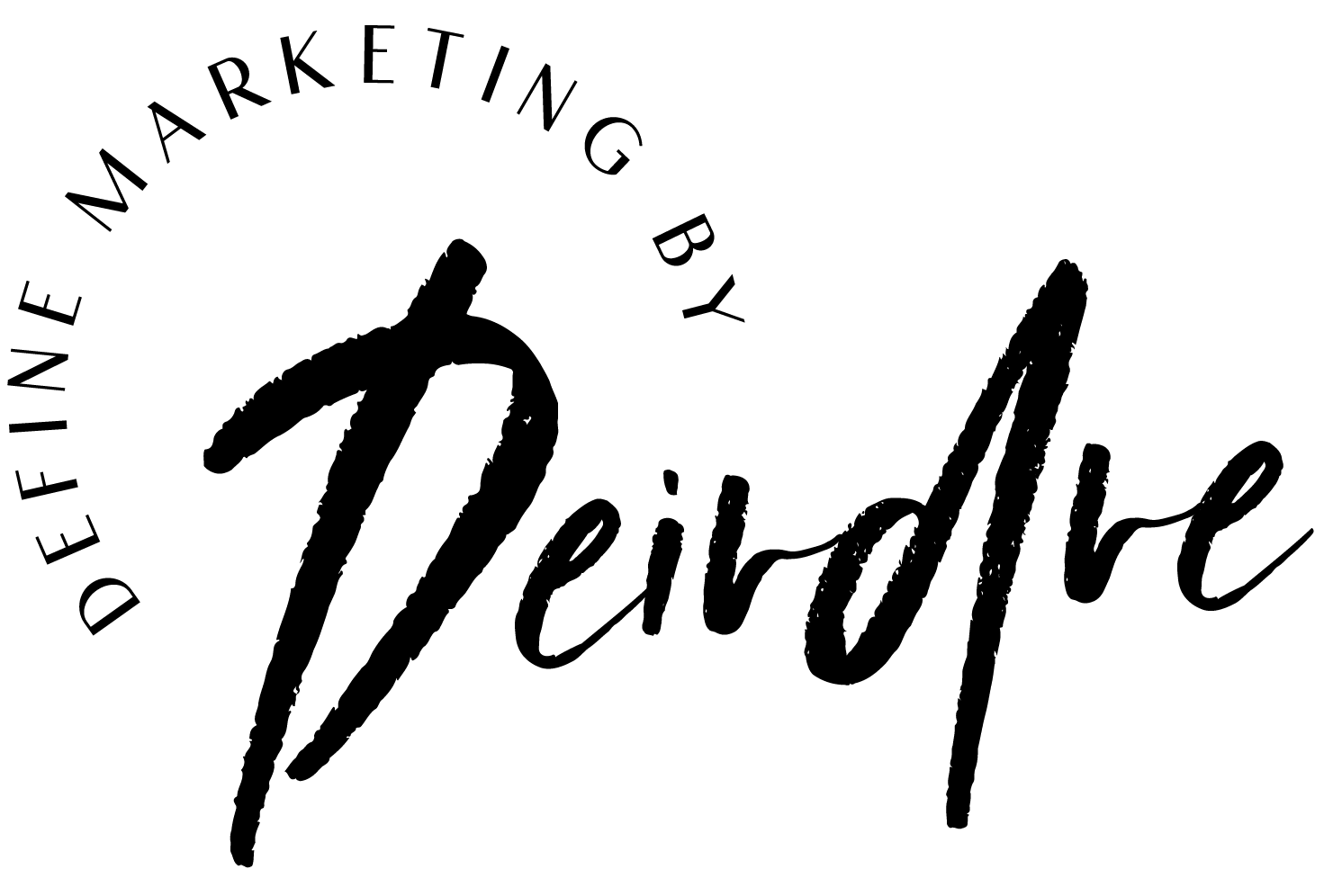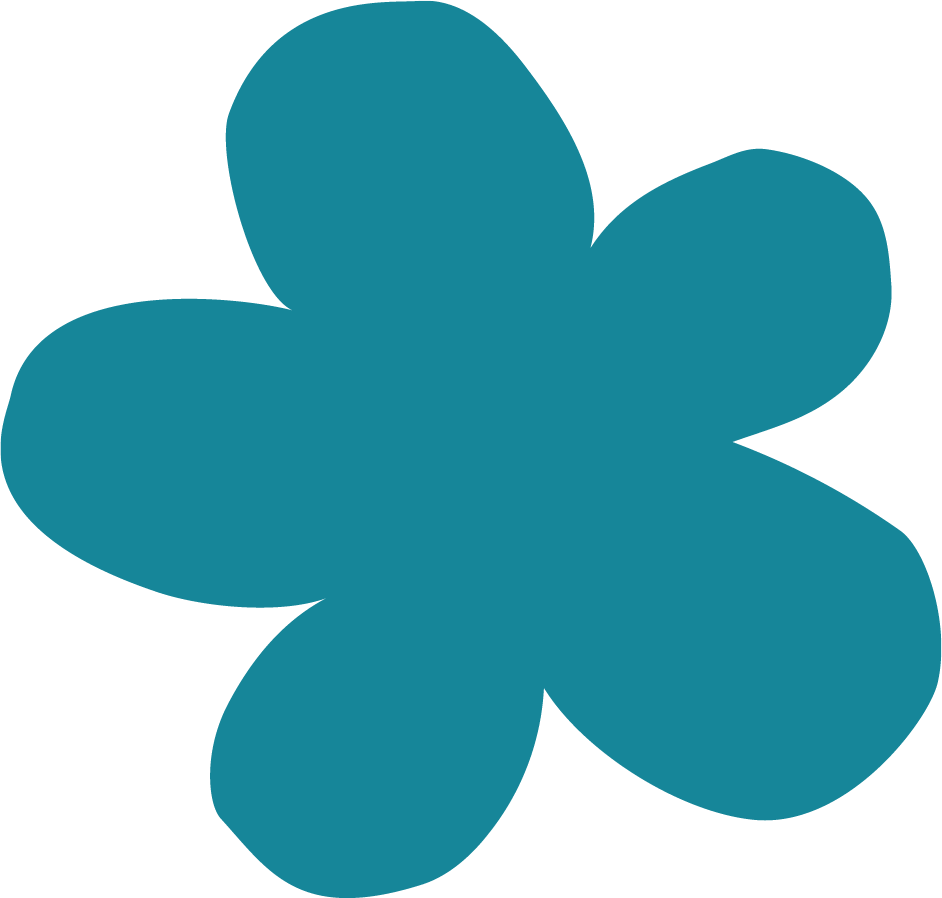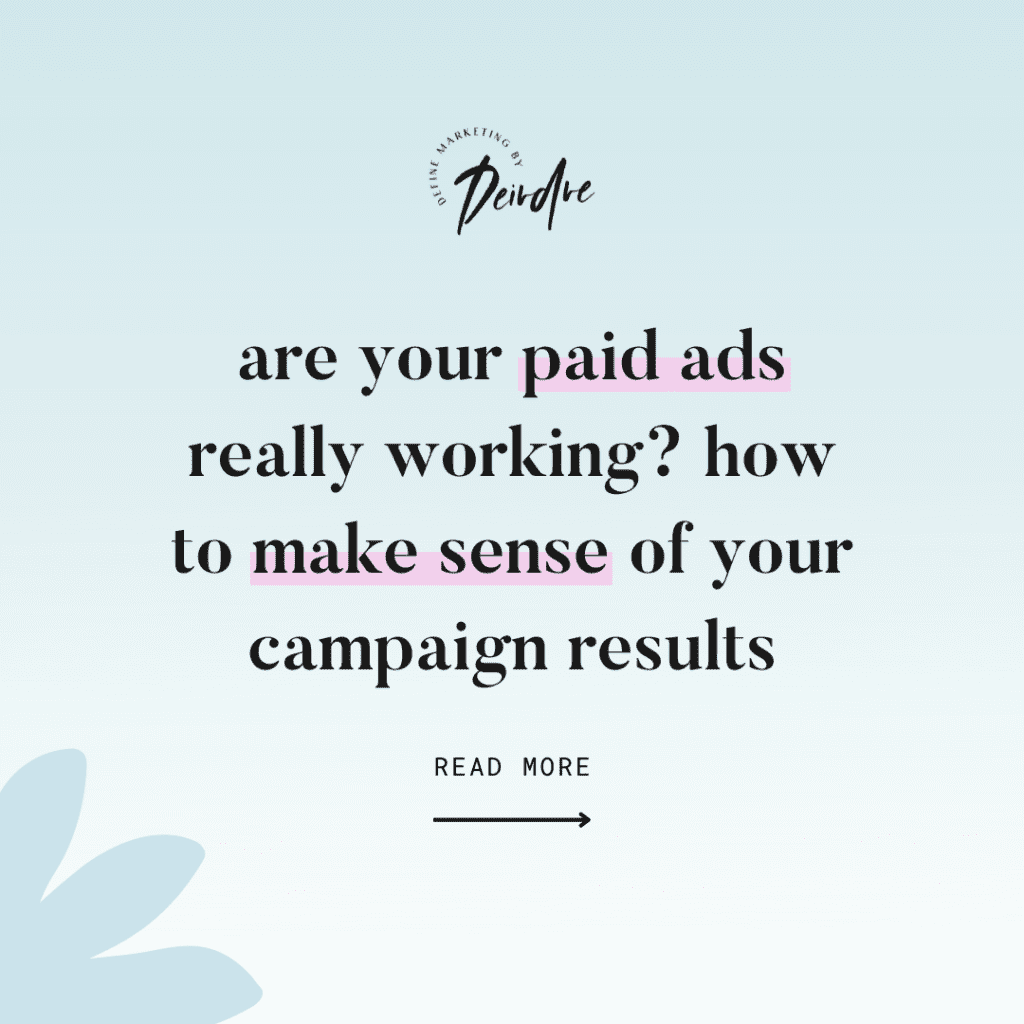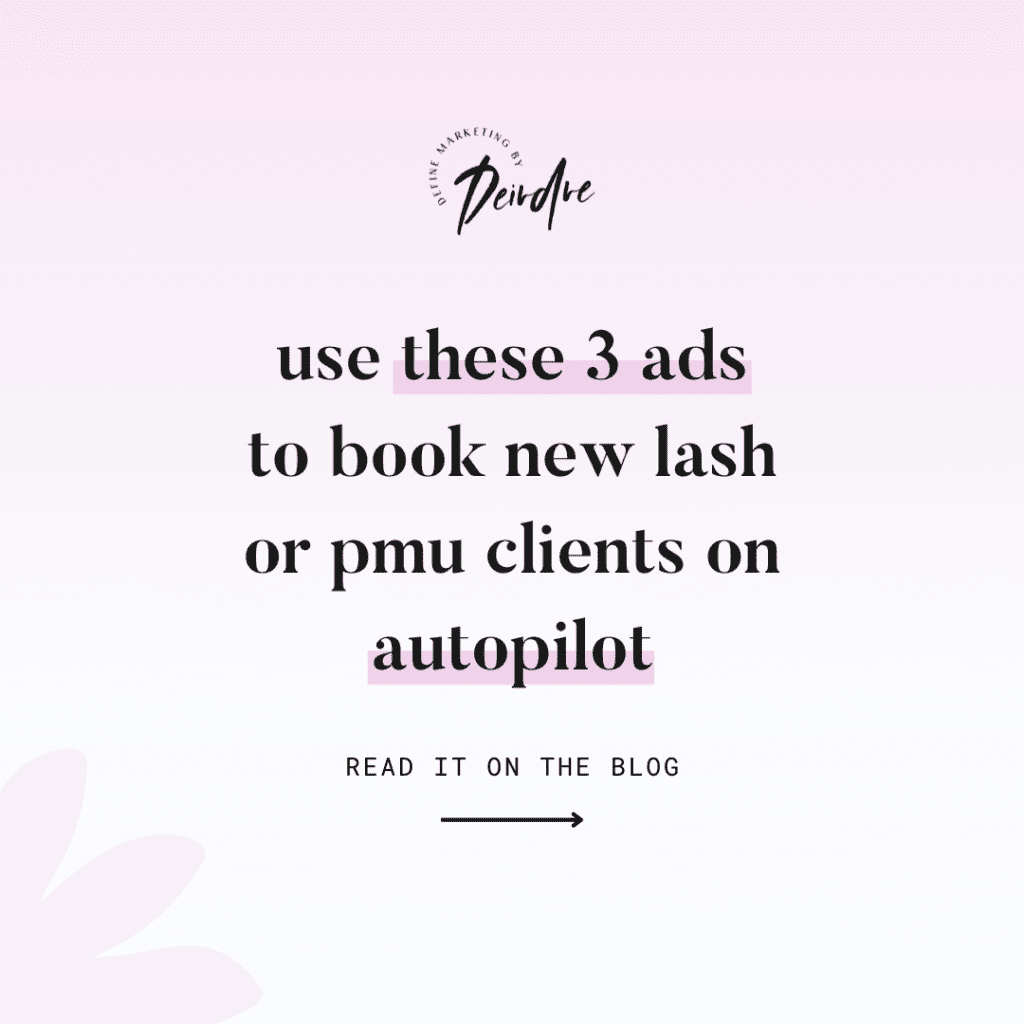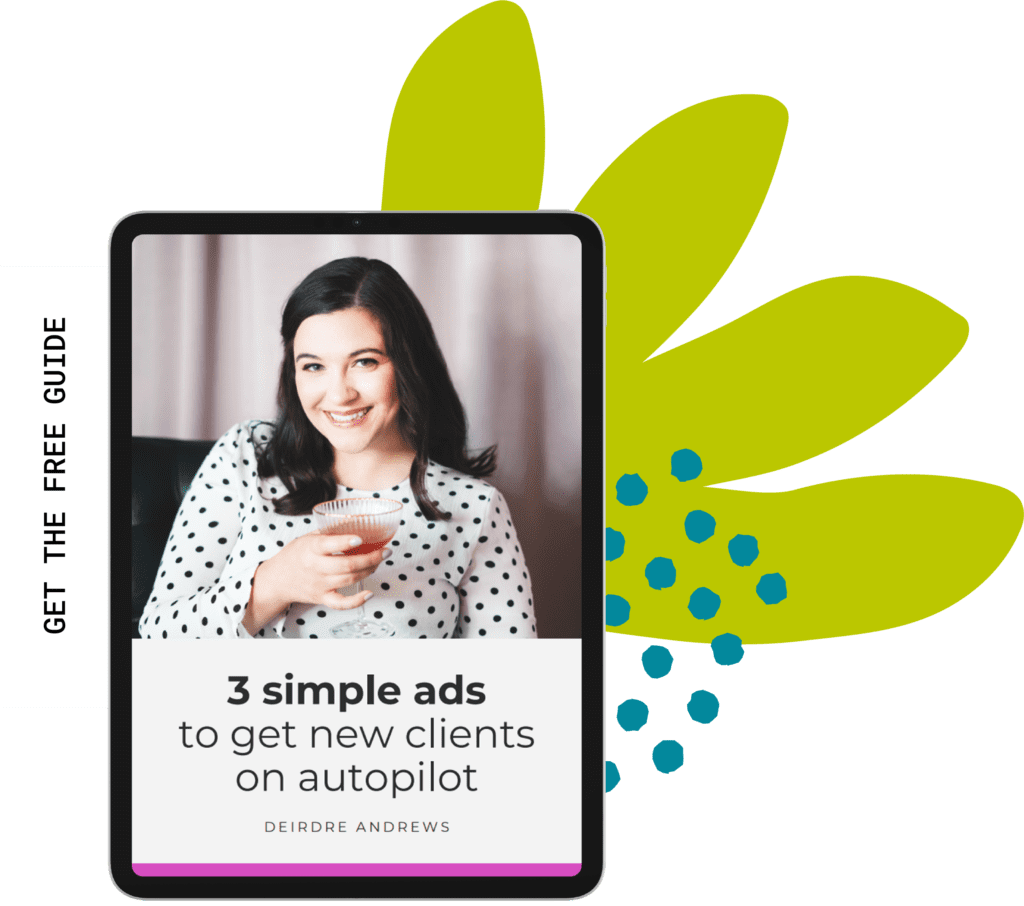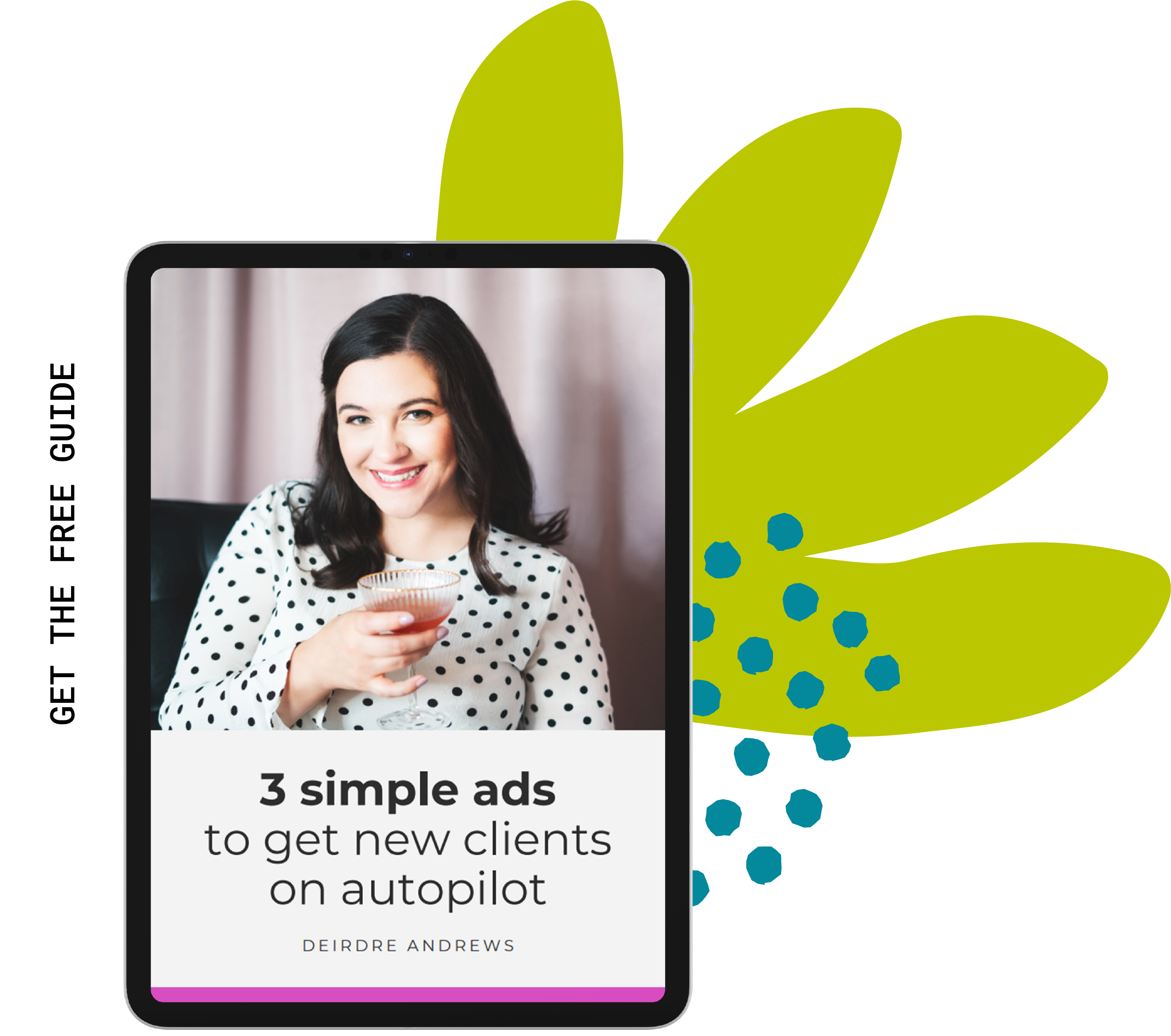Attracting new clients to your beauty business goes beyond just posting pretty photos on Instagram and adding a few hashtags to the bottom of your posts.
If you really want to drive more leads to your business, consider using Google Ads!
I recently had the pleasure of speaking with lash guru Tara Walsh, host of the Lessons of a Lashpreneur Podcast and creator of the Lashpreneur Society.
I got to know Tara through our mutual student, Magda, a lash extension artist who found my Google Ads Cheat Sheet online and signed up for my Master Class.
I met Magda while she was going through a period of transition in her business. For years she had been servicing clients out of her home, but she knew she was destined for something bigger.
So, she finally took the leap to open her very own full-service lash salon in a busy city location!
But she was terrified…
First, there was one construction delay…
… and then another…
… and yet another.
Costs were increasing, and Magda was nervously watching her bank account balance disappear.
She needed to bring in some new clients to her at-home salon FAST.
Magda knew she wasn’t going to find new customers just by posting pretty pictures on Instagram. And because she’s the kind of person who always searches for information online, she knew that she had to be visible on Google.
Together, we restructured her Google Ads campaign and got her retargeting ads up and running.
Here’s what Magda achieved in just three weeks:
- 29% increase in web traffic
- 56% increase in conversion rate
- 160% increase in appointment bookings
- 13 new bookings
- $1,175 in sales in just 3 weeks ???
- 357% increase in REVENUE
JUST LOOK AT THOSE NUMBERS!
Imagine seeing all these little green arrows in your Google Analytics dashboard:

The takeaway from Magda’s story is that it IS POSSIBLE to turn things around when you’re desperately in need of a quick win!
What’s The Difference Between SEO and Google Ads?
You’d be surprised at how many people mix up SEO and Google Ads. Although both are forms of an online marketing strategy, they’re very different from each other.
SEO refers to Search Engine Optimization. It’s the process of trying to optimize your website to rank higher in the organic search results.
So, think about a potential client…let’s name her Mindy. Mindy wants to get her lashes done. She’s pretty familiar with the procedure, maybe she’s had her lashes done before or perhaps she’s done enough research to know it’s something she wants to invest in.
Mindy has decided she wants to get her lashes done somewhere nearby. She’s not interested in embarking on a road trip (nobody has time for that) so, what does she do?
She pulls up Google and types in something along the lines of, “Lash extensions near me.” She hits enter and a list of relevant search results appears on her screen. If you’ve done your SEO right, there’s a good chance your business website will be pretty high on the search results.
Your ranking is not paid for, but it takes a lot of technical work and time to position yourself higher in the results page.
You can get help, but an SEO specialist can charge thousands of dollars and require you to sign a minimum contract of at least six months.
Google Ads, on the other hand, refers to paid advertising on the search engine results page. There’s no contract pinning you (and your money) in place for months on end and you can set your own budget.
Google Ads put you in control.
It gives you the opportunity to show up on the search engine results page whenever a potential client searches for lash extensions in your area – minus the time and cost of SEO.
What’s the Difference Between Facebook Ads and Google Ads?
I’m a huge fan of Facebook advertising. The targeting options are so precise and growing awareness of your business is so much easier on Facebook than any other social platform.
But… Google Ads shouldn’t be overlooked either.
“Google ads have a particular power that Facebook ads don’t. And that is the power of intent.”
When you prepare a Facebook ad, you can target people in your city within a certain radius. Usually, those women will be interested in things like spa treatments, beauty, cosmetics and so on. It’s a great way to grow awareness for your business and although you can hyper-target your ads to your ideal clients, that’s not to say that the people who see your ads are ready to get their lashes done there and then.
However, Google Ads allow you to target your ads to people based on what they’re actively searching for.
When someone searches for lash extension services near their area, it’s a clear sign they’re ready to convert. It’s at this moment that you want your Google Ad to appear on his/her screen.
Why Google Ads Should Be a Key Part of Your Marketing Mix
Google Ads come with a long list of benefits.
For one thing, you can easily track the conversions through Google Ads using your Google Analytics account, which is a great way to see how well your ads are performing.
But, the biggest reason why it should be a part of your online marketing strategy is that it puts your business in front of the right people, at the right time.
“Google Ads are the best way to get your business in front of the people who are already searching for where to get eyelash extensions done.”
While Facebook and Instagram are powerful and amazing to build brand awareness and engage with potential or existing customers, you’re not always going to reach people who are near the final stage in the buying journey.
Ready to grow your beauty biz? Check out the 3 simple ads I use to book new clients on autopilot!
And be sure to check out Tara Walsh’s Lessons of a Lashpreneur podcast!
